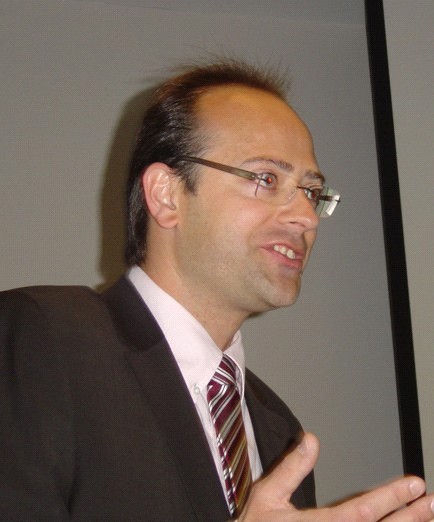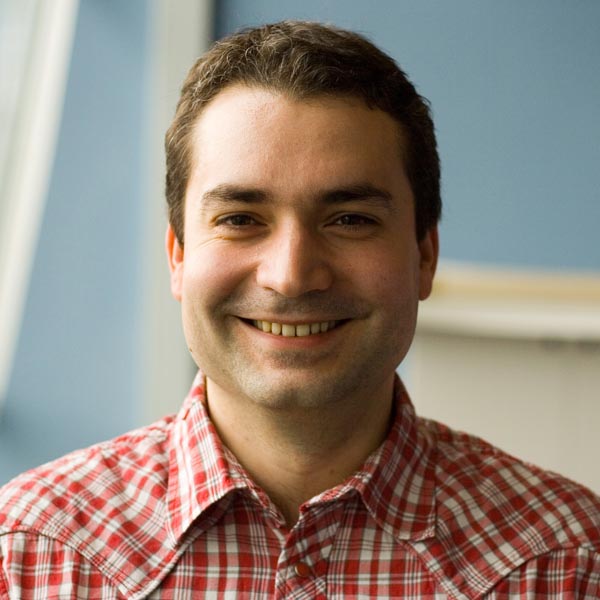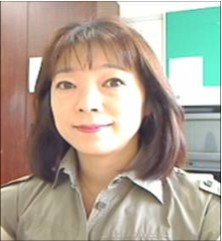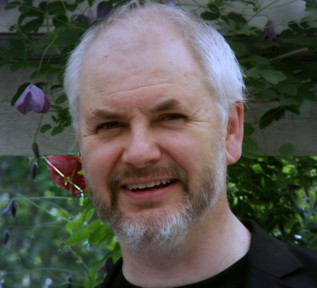|
Dr.
Diem Ho is Manager of
University Relations for IBM
Europe, Middle East and Africa
(EMEA). His
mission is to build and manage relationships of mutual value for IBM and the academic community.
He
manages all IBM
University Programs relating to skills
development, technology access and collaborative research. He drives
the IBM Academic
Initiative to provide IBM
software for free for faculty members and
students for research and education purposes.
He
is a member of the IBM
Academy of Technology and an associate editor of the journal of Computational
Economics (Springer). He
has published widely in physics, mathematics,
image processing, remote sensing, engineering, optimization, finance
and
datamining.
In
recent years, he has lectured
intensively on Higher Education Reform and is a member of the peer
review teams
for the EFMD-EQUIS and EPAS accreditation programs and a member of the
EPAS
committee
Prior
to this current position, Diem was a certified
practice leader with the IBM
Management Technologies Consulting Group, specialized in leading edged
scientific and analytical consulting services and solutions for clients
in
Banking and Finance sector.
Diem
obtained two Master
degrees and a PhD in Magnetospheric Physics at Stanford University, California.
|







